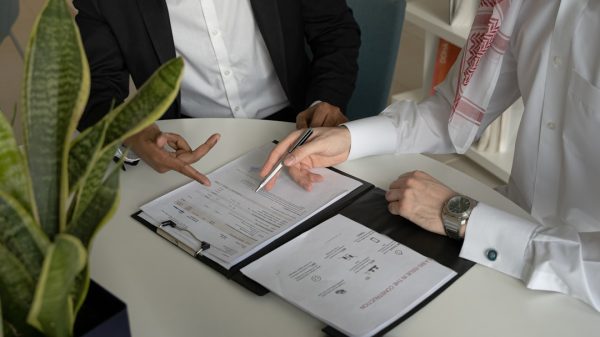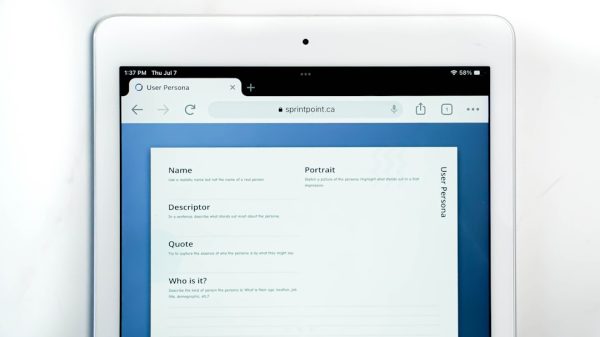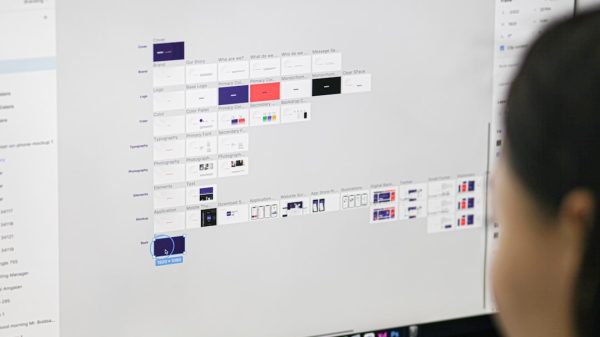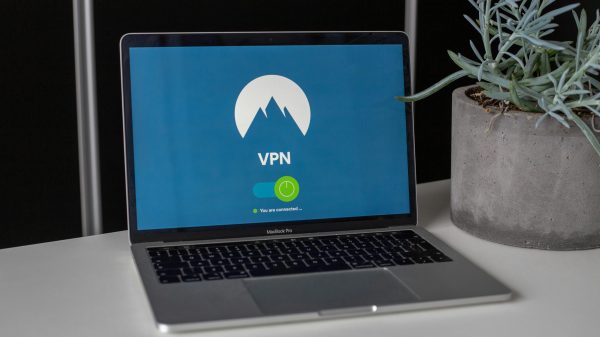Ever wondered how banks know who you are when you open an account? Or why businesses must jump through hoops to work with other businesses? That’s where business profiling comes in. It’s like online dating for companies—but instead of swiping right, the goal is to stay out of trouble!
Business profiling helps companies stay on the right side of the law. It involves three main concepts: KYC, KYB, and sanctions screening. Let’s break them down in a fun and simple way.
What is KYC?
KYC stands for Know Your Customer. It’s a process companies (especially banks) use to check who their customers really are.
Think of KYC as a bouncer at a club. The bouncer checks your ID to make sure you’re not underage or on any “Do Not Enter” lists. KYC works the same way, but for money and identity.
Why does this matter? Because it stops bad actors, like criminals or terrorists, from doing shady stuff like money laundering.
Here’s what companies usually check for KYC:
- Name and Address: Basic stuff to find out who you really are.
- ID Proof: A passport, driver’s license, or similar document.
- Source of Funds: Where is your money coming from? Is it legal?
Fun fact: KYC isn’t just for banks. Crypto exchanges, insurance providers, even gaming platforms use it too!
What is KYB?
If KYC is about people, KYB is about companies. It stands for Know Your Business. When one company works with another—like a supplier or a partner—it needs to do a background check first.
Imagine you’re throwing a party. You wouldn’t want to invite someone who’s been known to trash houses. KYB is your party plan. It helps you decide who’s safe to work with.
Here’s what usually gets checked for KYB:
- Business Registration: Is the company legit?
- Ultimate Beneficial Owner (UBO): Who really owns it?
- Financial Records: Is the business healthy or hiding something?
- Regulatory Status: Are they on any warning lists?
KYB protects companies from fraud and keeps them in good standing with regulators. Without it, you could end up accidentally working with a shell company run by bad guys.
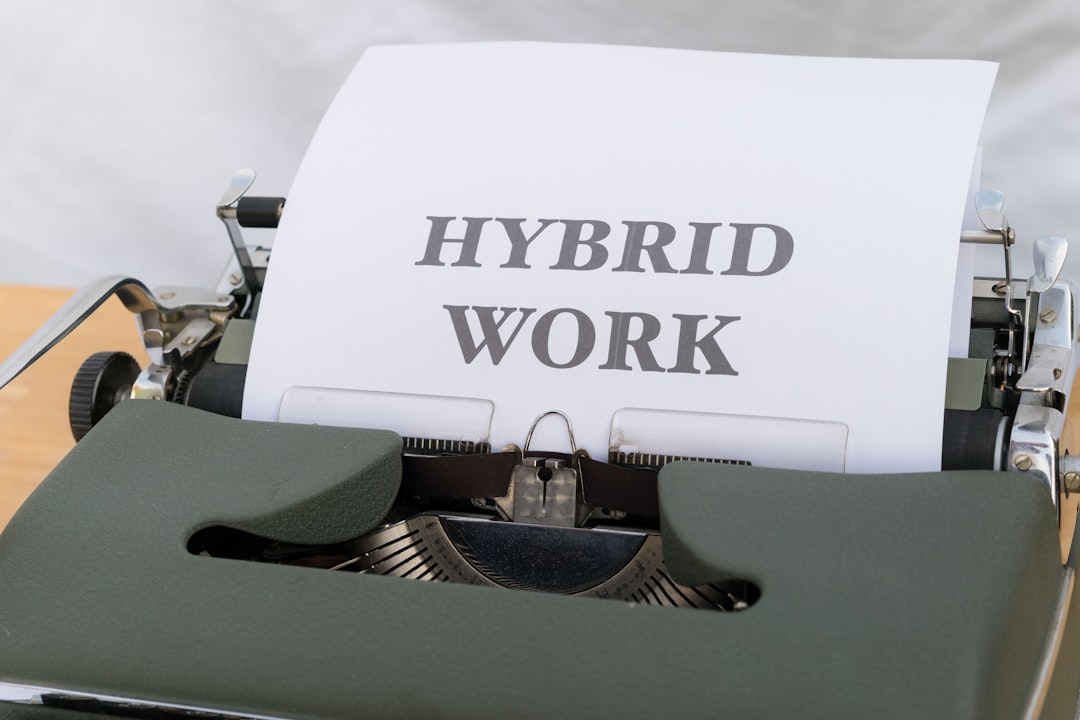
What are Sanctions?
This is the big one. Sanctions are rules created by governments or international groups. They list specific people, companies, or countries you can’t do business with.
Why? Because those people may be involved in illegal stuff like terrorism, war crimes, or major financial fraud. Doing business with them could lead to heavy fines—or even jail time.
Sanctions lists are long and often changing. Some of the major ones include:
- The United Nations (UN) Sanctions List
- The U.S. Office of Foreign Assets Control (OFAC) List
- The European Union Sanctions List
Running a sanctions check means verifying your customers and partners aren’t on any of these lists. Even a mistake can be costly!
Types of Sanctions
- Individual Sanctions: Against specific people.
- Entity Sanctions: Against companies or groups.
- Geographic Sanctions: Bans on doing business in certain countries.
The trick is keeping up. Sanctions lists are always changing. That’s why many businesses use technology and automated checks to stay alert.
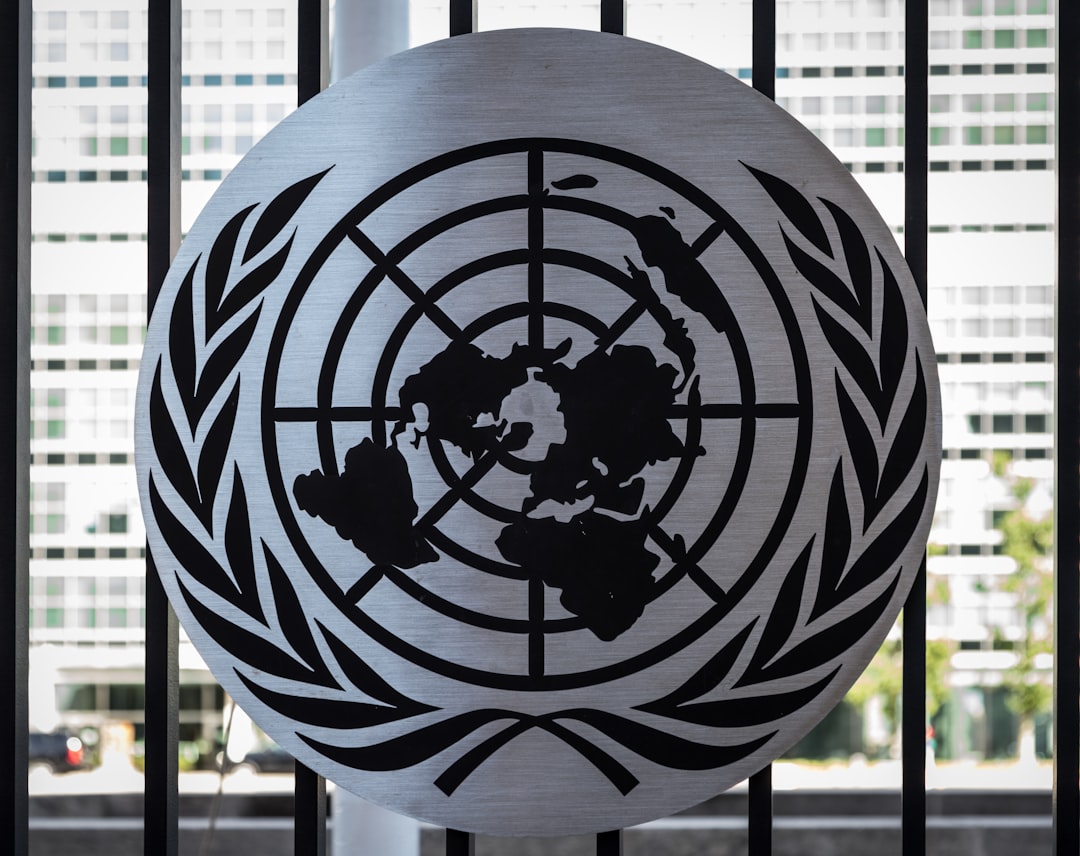
How Do KYC, KYB, and Sanctions Work Together?
Think of them as a superhero team. Each one covers a different angle of compliance. But together, they offer powerful protection against fraud, crime, and costly mistakes.
Here’s a fun way to see them:
- KYC: “I know who you are.”
- KYB: “I know who your business is.”
- Sanctions Check: “I know if you’re on any bad lists.”
By using all three, companies confirm identities, check business legitimacy, and avoid dealings with high-risk individuals or countries.
Why It’s Not Just for Banks
You may think all this only matters if you’re a banker in a suit with a briefcase. Nope! These checks are spreading fast across many industries.
Today, you’ll find profiling in places like:
- Fintech: Apps and startups that deal with money.
- Online Marketplaces: To verify sellers and buyers.
- Real Estate: To prevent dirty money deals.
- Crypto Platforms: Required for trading digital currencies.
That’s why more companies are hiring compliance officers or using RegTech—technology that helps them stay compliant automatically.
What Happens If You Don’t Comply?
Short answer: Trouble. Big trouble.
Non-compliance can lead to:
- Massive Fines: Some in the millions or even billions.
- Legal Action: Criminal or civil lawsuits.
- Reputation Damage: Customers lose trust. Investors pull out.
- Bank Account Closures: If banks think you’re too risky, they’ll cut ties.
And once you’re in the headlines for compliance failures, it’s very hard to recover.
Tips to Stay Ahead
Now that we’ve covered the what and why, let’s look at the how. Here’s how you can stay compliant without losing your mind:
- Go Digital: Use automated KYC/KYB tools for efficiency and accuracy.
- Monitor Regularly: Don’t just check once. Sanction statuses change!
- Train Your Team: Everyone should know the rules, not just legal folks.
- Use Risk Scoring: Prioritize checks on high-risk individuals or sectors.
- Keep Records: In case you’re audited. Better safe than sorry!
Conclusion: It’s Not as Boring as It Sounds
Business profiling might seem like just another checkbox. But it’s a big deal. It keeps companies safe, builds trust, and helps fight global crime.
KYC tells you who your customer really is.
KYB tells you who your business partner really is.
Sanctions checks warn you who to stay away from.
Put them all together and you’ve got a recipe for safe, smart business.
Play it smart. Know who you’re dealing with. Stay compliant. Stay successful.










